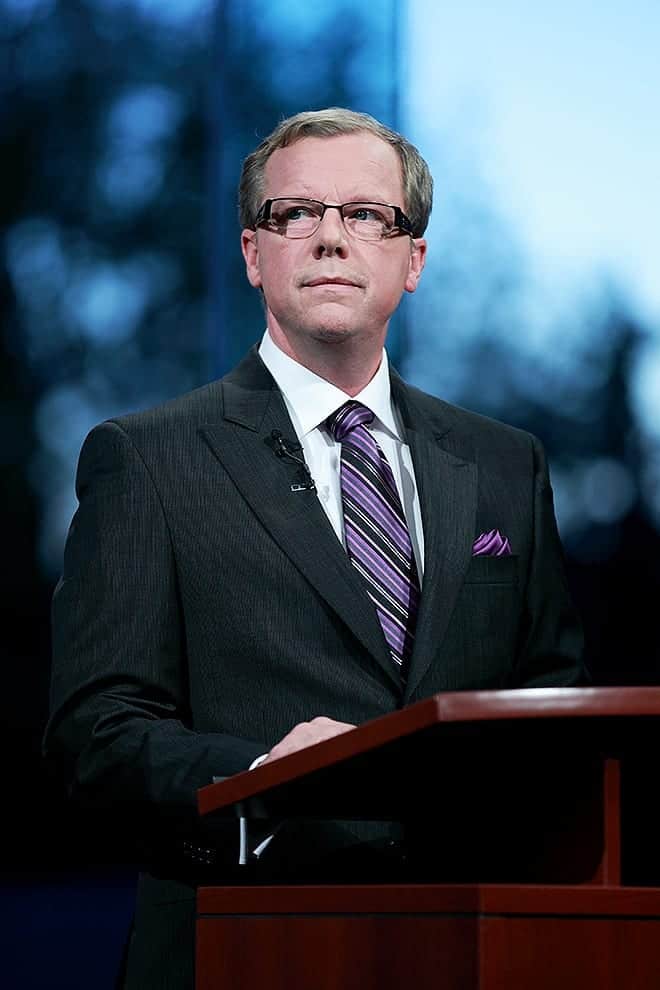Brad Wall up in arms about Trudeau’s tax

author: kristian ferguson | news editor
Sask. Premier openly opposes carbon taxation
On Monday, Oct. 3, the Trudeau government announced a carbon-pricing deadline that will be enforced by 2018 and not everyone is excited about it.
For those unaware, a carbon tax is defined as “a tax based on greenhouse gas emissions (GHG) generated from burning fuels. It puts a price on each tonne of GHG emitted, sending a price signal that will, over time, elicit a powerful market response across the entire economy, resulting in reduced emissions,” by the province of British Columbia’s website.
Scott Moe, Saskatchewan’s environment minister, walked out of a meeting on climate change that was going on at the time of the announcement by the federal government. Ministers accompanied him from Nova Scotia and Newfoundland and Labrador as well.
Wall commented on the sudden announcement in an interview with CBC saying, “I cannot believe that while the country’s environment ministers were meeting on a so-called collaborative climate change plan, the prime minister stood in the House of Commons and announced a carbon tax unilaterally.”
Wall’s most major concern with a carbon tax is that it will place its burden primarily on families, stating that it will cost the average Saskatchewanian over $1200 dollars every year.
He was also concerned on the tax’s potential effects on an already struggling Saskatchewan economy.
“The carbon tax will siphon over $2.5 billion from Saskatchewan’s economy when fully implemented and make our province a less competitive place to do business,” Wall stated in an interview with CBC.
Similarly, the NDP is also concerned with the timing and announcement of the new taxation, regarding it as “heavy-handed.”
The Liberals are proposing a $10 tax per tonne of carbon emissions in 2018 that would rise by another $10 each year until 2020.
Trudeau also said that if provinces cooperate with the taxation, the revenues from it would be returned to the provinces.
Alternatively to carbon pricing, provinces can choose a cap-and-trade system.
Cap and trade works by providing a maximum amount of carbon emissions a manufacturer could put into the atmosphere. If a business needed a higher cap, they could trade some of their “credits” with other companies.
Carbon taxation is still a hot-button issue for many people in Canada, and it doesn’t seem that Saskatchewan is any different.
The Carillon will keep you updated with further comments or updates from either side of this debate.










